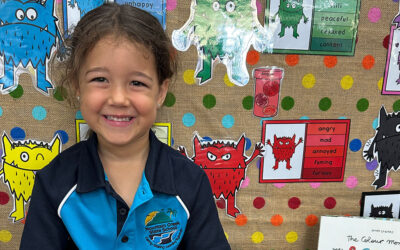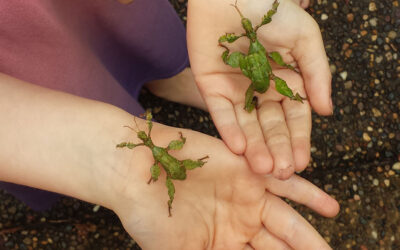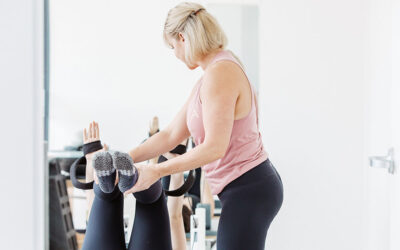The novel coronavirus epidemic is an unsettling, and fear-inducing time for many parents.
As the number of infected cases increases around the globe every day without a vaccine so far, the unpredictable nature of the virus is only making things more uncertain.
But despite the fact that no one has all the answers, there is plenty we can do as parents to help guide our kids in how they can deal with what’s going on around them in a positive way – from the worries they may have about others, to how they can best protect themselves and their loved ones.
According to family GP Dr Maria Boulton – who is a mum of two and an Australian Medical Association of Queensland council member – it’s important to keep kids informed and prepared but not alarmed.
These are her top tips on how to talk to your kids about what’s going on:
Be your child’s source of information
There is so much out there through the media and social media that I’m sure kids have heard about it and may already be anxious. Rather than wait for your child to make up the story in their head, ask them what their concerns are and get to the nitty gritty of what’s bothering them.
It might be they’ve had a school event or a family holiday cancelled and it’s left them with a lot of worries. Ask what they’ve heard already and acknowledge their feelings, not dismiss them.
If you don’t have the answers to their questions, be honest and say you’ll try to find out, or that it may be something that nobody knows yet.
It may be necessary to limit the sources of news in the household and discuss what’s happening with your partner when the kids are not present.
Stick to the facts
The media is reporting a lot of false information, so try to be well informed yourself so you can give your kids the proper facts. These can be found on the Queensland Health website and AMA Queensland Facebook page.
The coronavirus is called that because when it’s seen through a microscope, it sort of looks like a crown – and “corona” means crown in Latin. It’s reported as the novel (meaning new) coronavirus because it’s a strain that hasn’t been seen before and once scientists figured out what it was, it was named SARS-CoV-2. When someone gets sick from the virus, it’s called COVID-19.
As of March, 4, 2020, Australia is reported to have 33 cases of COVID-19 and there are 82,000 cases in the world so far.
Let your kids know that just because one person reacted one way to it, that’s not the case for others. Everyone’s immune system will fight it off differently. They might get a fever, cough, sore throat, fatigue or shortness of breath.
Your local doctor is also a great source of information, so check their social media page for updates.
Don’t discuss coronavirus with all your kids at once
Each child will be able to handle this type of information in different ways. One of my children is a little younger than the other and a little more anxious, so I’ll be sharing different information than what I would with the other child, so it’s important to tailor it.
Model how to be prepared
Novel coronavirus spreads between people, usually when a sick person coughs or sneezes, so washing your hands with soap for 20 seconds is the best protection. Do it in front of your kids and use antibacterial gel if you have it.
It’s also helpful to let them know that it’s safest for the time being not to hug others, to always cough or sneeze into their elbow, try not to touch their own faces, and not share anything that their mouths will touch such as water bottles and eating utensils.
Tired people get sick, so make sure the family is getting adequate sleep and nutrition.
Being prepared may also mean stocking up on the medication and must-have items like baby formula that your family needs – this will reassure kids that you have things under control, and that it’s not about panicking.
If they are forced to remain home from childcare or school due to quarantine, have some activities ready to go so that they aren’t so bored at home without their friends.
Keep calm and reassure them
Kids take cues from what we do, so if you’re anxious in front of them, it’ll make them anxious. Don’t forget to mention to your child that you’re all okay, and that grandparents and friends are okay and that you are prepared. Let them know you are always there for them no matter what if something is worrying them.
Don’t focus on the worst-case scenario
We don’t know where all this is going. The main thing is just to keep up with the information provided by the medical community and be confident with your kids that you will protect them as best you can.
At the same time, no one is perfect and it’s okay for them to see you crying. If you are in a panic, debrief with your kids and say, “I was worried, but now I’m okay and can move on.”
If you have concerns, call 13 HEALTH.
If your child feels worried and needs someone to talk to, remind them about Kids Helpline: 1800 55 1800. Available for kids to call anytime and for any reason.
For more health tips, try 7 natural remedies for cold and flu season and Boost your immunity with this simple bone broth.


